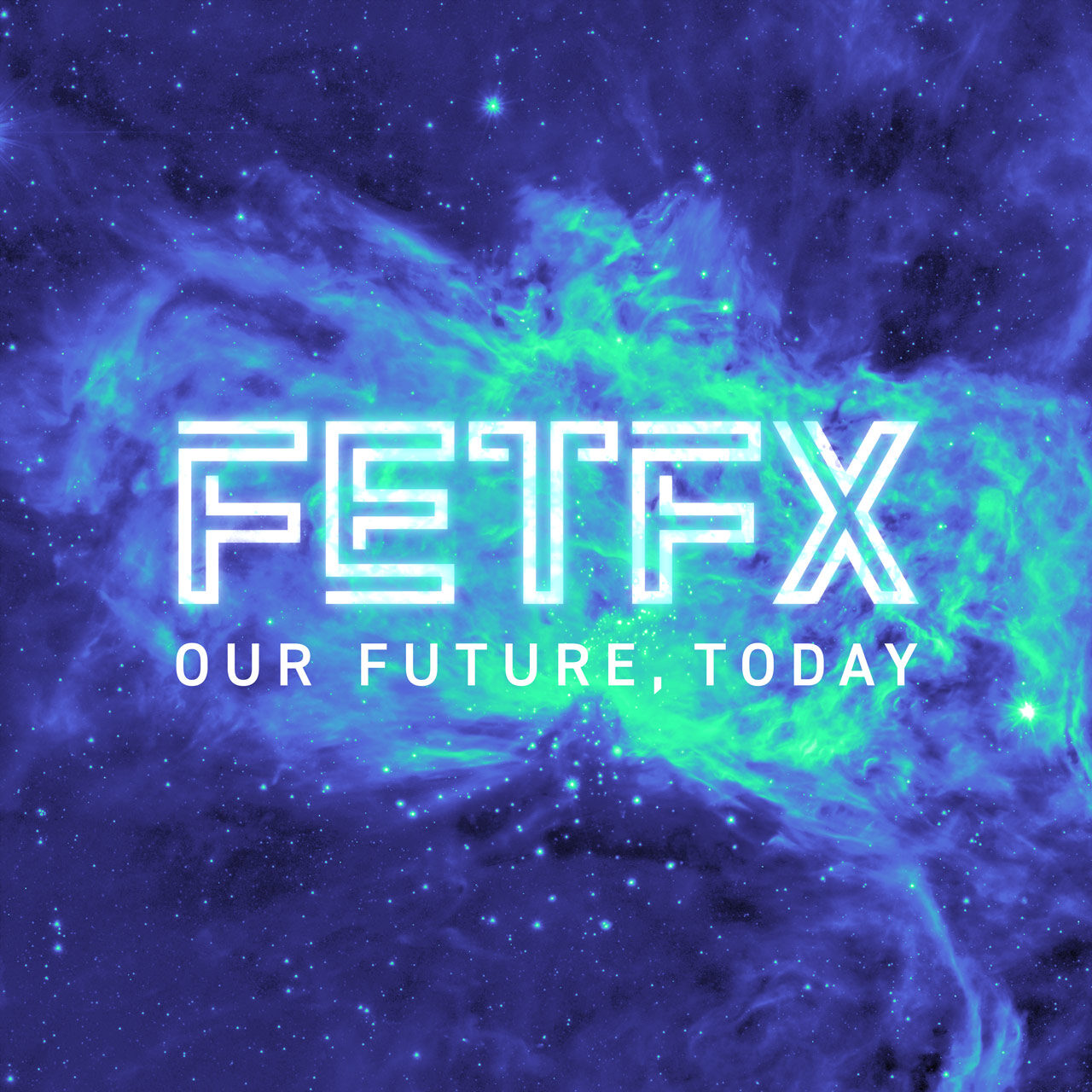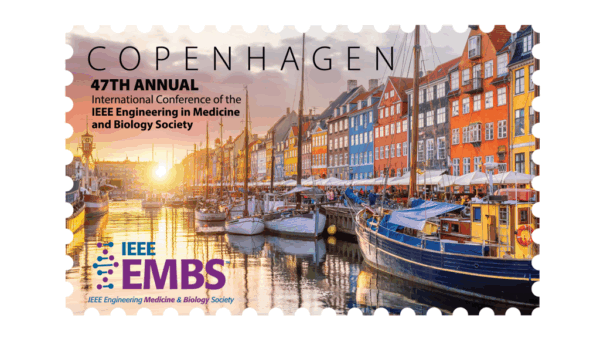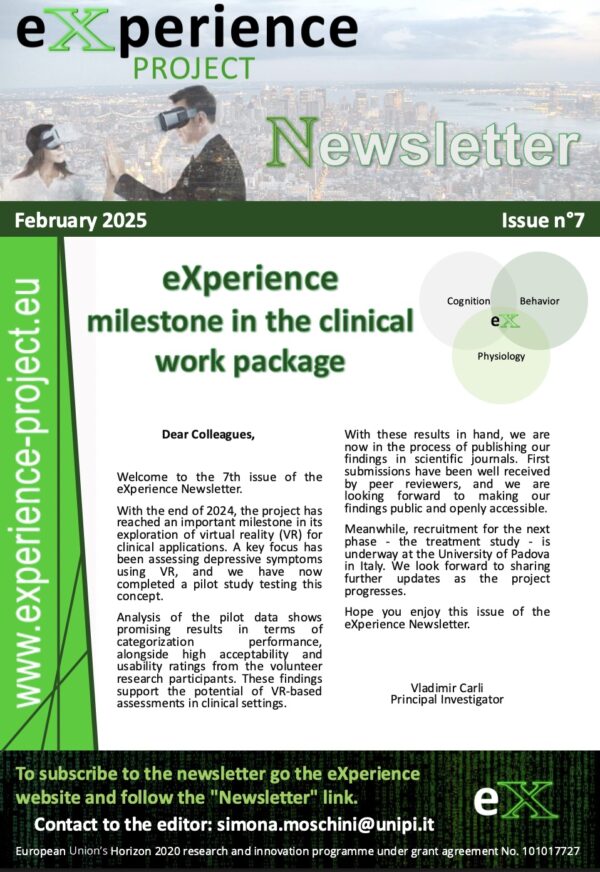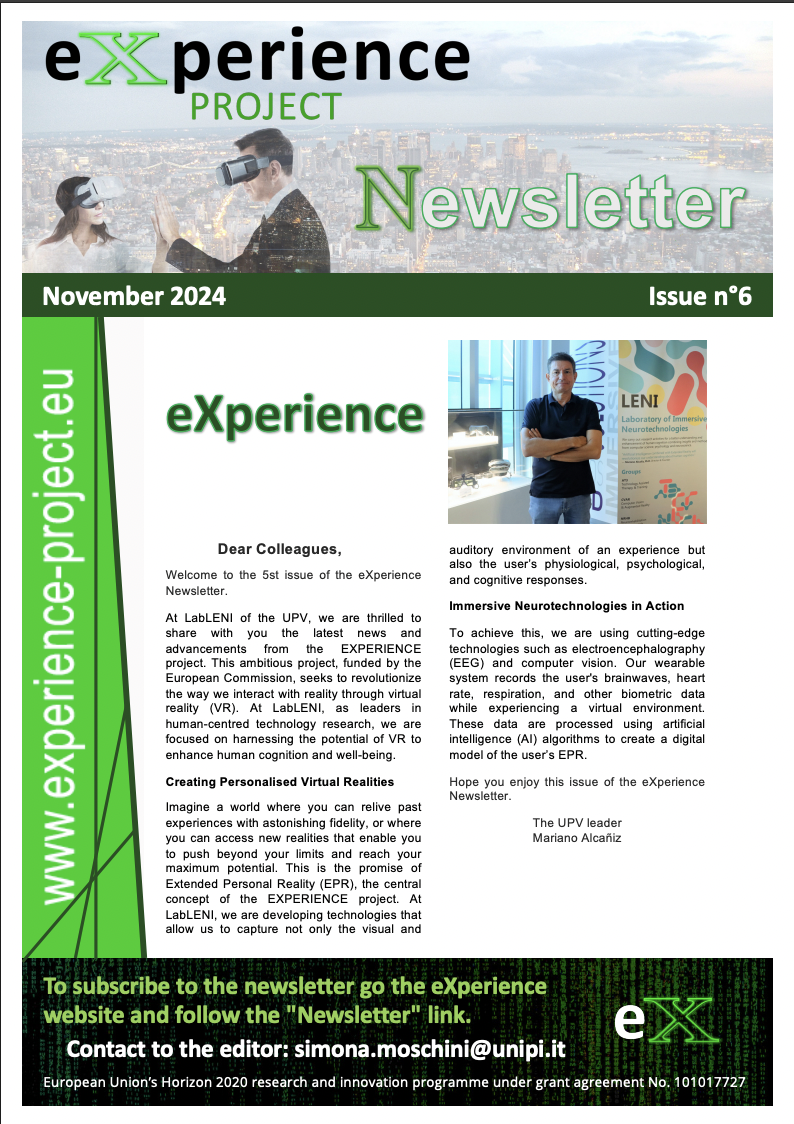
A new virtual EXPERIENCE on social media thanks to Artificial Intelligence
What do you think would happen if on social media, in addition to photos, videos and posts, we could share real emotions and maybe “relive” real experiences? Imagine a ride on a roller coaster or a visit to a museum or, perhaps, a friend’s trip to Tokyo that becomes ‘our’ trip to Tokyo. Giving us the space-time perception (in addition to the visual, auditory and skin / tactile one) of the experience made in the field by the other person. We will have a social media ‘plus’, much enhanced compared to today and this thanks to the recently started FET-EIC Pathfinder projecrt EXPERIENCE (The “EXtended-PErsonal Reality”: augmented recording and transmission of virtual senses through artificial- IntellgENCE) a European project included among the Future and Emerging Technologies of Horizon 2020 regarding the use of artificial intelligence in the social sciences and neurosciences.
The EXPERIENCE technology revolves around virtual reality which, for the first time, will be incorporated into social platforms and will be combined with neural and cardiovascular signals – of those who make the virtual experience – adequately modulated and controlled by artificial intelligence systems. In short, it will be enough to wear viewers that incorporate special biosensors and you will be projected into the experience lived by someone else. Creating our virtual environments on social media, as we do with photos and videos, will no longer be a taboo.
As part of EXPERIENCE, the consortium partners will create virtual simulations that elicit ‘unique’ psychological, cognitive, neurophysiological and behavioral responses for each subject examined. This will then lead to the automatic generation of virtual environments starting from the neurophysiological data of each of them. Subsequently, these virtual environments will be manipulated to communicate and arouse specific emotions and share the sensory “experiences” of others. Of course, this new ‘ad personam’ virtual reality will also have other applications, in addition to social ones. It will allow, for example, to evaluate the socio-psychometric characteristics (mood, character tendencies, attitudes, etc.) of a subject, highlighting any psychiatric pathologies. If the manipulation of personal virtual reality allows you to stimulate specific neuro-cardiovascular reactions, inducing particular cognitive-behavioral and emotional states in a subject, it goes without saying that the system can also be used to treat very common pathologies, such as depression, anxiety and stress. The future or, rather, the futures, are close at hand. Areas such as gaming, e-learning, neuroeconomics will be completely revolutionized thanks to EXPERIENCE.
The project is coordinated by the University of Pisa, and sees the participation of the University of Siena, the University of Padua, the University of Rome ” Tor Vergata, Polytechnic University of Valencia, Karolinska Institutet, French CEA in Paris, CSEM Swiss Center for Microelectronics and the Spanish start-up Quatechnion.



